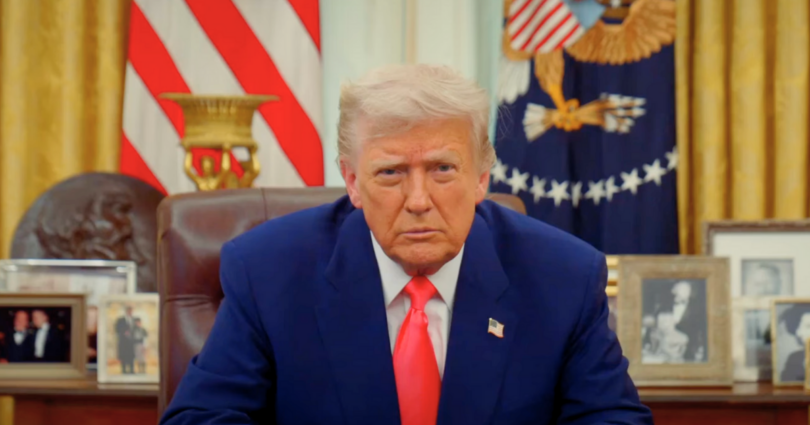Trump Admin Floats Merging ATF and DEA in Major Shake-Up
President Donald Trump’s administration is weighing a bold new plan that could shake up the federal law enforcement landscape by merging the Bureau of Alcohol, Tobacco, Firearms and Explosives (ATF) with the Drug Enforcement Administration (DEA).
The move is part of a broader push to streamline operations, cut government waste, and restore trust in federal agencies that many Americans have long viewed with suspicion.
According to a report from Reuters, the Department of Justice (DOJ) circulated a memo on March 25 outlining the proposal.
The memo reveals the administration is not only eyeing a merger between the ATF and DEA, but also considering shutting down several DOJ field offices that handle cases related to antitrust, environmental, and civil matters — areas often weaponized by left-wing bureaucrats.
The memo states the merger is intended to “achieve efficiencies in resources, case deconfliction and regulatory efforts.”
Deputy Attorney General Todd Blanche directed DOJ leaders and agency officials to provide feedback on the plan by April 2.
Blanche also confirmed that proposed agency cuts and consolidations have already been submitted to both the Office of Personnel Management and the White House Office of Management and Budget.
These are significant steps, signaling that the administration is serious about moving forward.
Some components of the plan, including the ATF-DEA merger, will require Congressional approval.
The memo did not give a specific estimate of how many of the DOJ’s 115,000 employees would be impacted if the plan goes into effect.
The ATF has long been viewed with skepticism by conservatives due to its dark history — most notably the deadly confrontations at Ruby Ridge and Waco.
Many see the agency as an overreaching arm of the federal government with little accountability.
President Trump has already taken direct action regarding the ATF by naming Kash Patel, the current FBI Director, as acting head of the agency earlier this year.
That appointment was widely seen as a signal that major changes were coming.
Although Patel’s short-term role as ATF director has since concluded, the administration appears committed to restructuring the agency.
Former Army Secretary Dan Driscoll is now serving as acting director during the transition.
Patel, a strong advocate for reform, has stated his intention to foster closer ties between federal agencies and local law enforcement.
His leadership style emphasizes cooperation with police officers on the ground — a sharp contrast to the top-down, bureaucratic culture that’s come to define agencies like the ATF.
During his confirmation process, Patel received overwhelming support from local law enforcement and the National Police Association.
This level of grassroots backing is rare and highlights the trust he’s built among real law enforcement professionals.
President Trump’s law enforcement vision also includes restoring accountability at the ATF. Back in January, he nominated Kenneth “Chuck” Canterbury — president of the National Fraternal Order of Police — to lead the agency.
Canterbury’s nomination underscores the administration’s commitment to law-and-order policies that prioritize American communities over federal overreach.
Scroll down to leave a comment and share your thoughts.


Leave a Comment